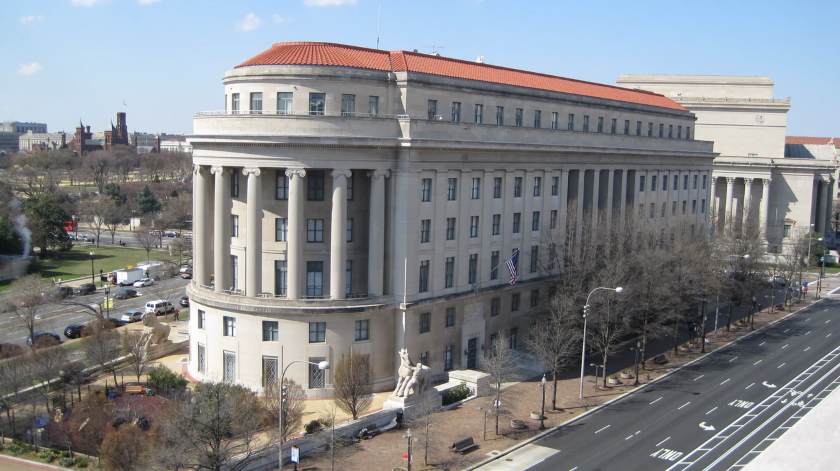Saunders steps aside as AbbVie closes in on Allergan merger

The US competition regulator has finally approved the $63 billion takeover of Allergan by AbbVie, but only by the slimmest of margins in a split vote.
The Federal Trade Commission (FTC) voted 3-2 to clear the transaction after the two companies agreed to divest various assets to AstraZeneca and food giant Nestlé, a couple of months after the deal was approved by the European Commission.
A further condition demanded by the FTC is that only one Allergan director will join the AbbVie board after the merger closes, and that means current Allergan chairman and chief executive Brent Saunders will not be joining the combined company.
It’s unlikely that he will have been coerced into the decision to stand aside – last year it was revealed that Saunders would receive almost $39 million in a golden parachute if he is let go as a result of the merger.
That isn’t the end of the approval process for AbbVie and Allergan, however, as the deal still has to get clearance from the High Court in Ireland, where Allergan is domiciled. A hearing on the matter is due to be heard later today,
The deal was first announced in June 2019, so has been languishing in the antitrust regulatory process for the best part of a year.
To get it through, the companies have agreed to sell brazikumab – an investigational IL-23 inhibitor in development for autoimmune diseases – to its original developer AZ, and also hand over ownership of pancreatic enzyme preparations Zenpep and Viokace to Nestlé.
“During their nine-month investigation, Commission staff explored a wide range of theories of competitive harm, including harm to innovation,” said the FTC in a statement, adding: “They found no evidence of such damage beyond that corrected by the proposed consent.”
Regulatory issues aside, AbbVie chief executive Rick Gonzalez has been forced to defend the merits of the merger from critics who claim it is saddling the company with debt without adding much to the product pipeline.
Gonzalez insists however that adding in drugs like Allergan’s migraine and wrinkle treatment Botox will add to the top-line and make more cash available to bring forward new products as AbbVie reduces its reliance on $20bn immunology blockbuster Humira (adalimumab), due to lose patent protection in the US in 2023.
AbbVie’s in-house pipeline has already generated a couple of drugs tipped to become future blockbusters that could help offset the Humira patent cliff.
Those are IL-23 antagonist Skyrizi (risankizumab) for psoriasis and selective JAK1 inhibitor Rinvoq (upadacitinib)for rheumatoid arthritis that Clarivate predict could make $4 billion and $2 billion in 2024 sales.












